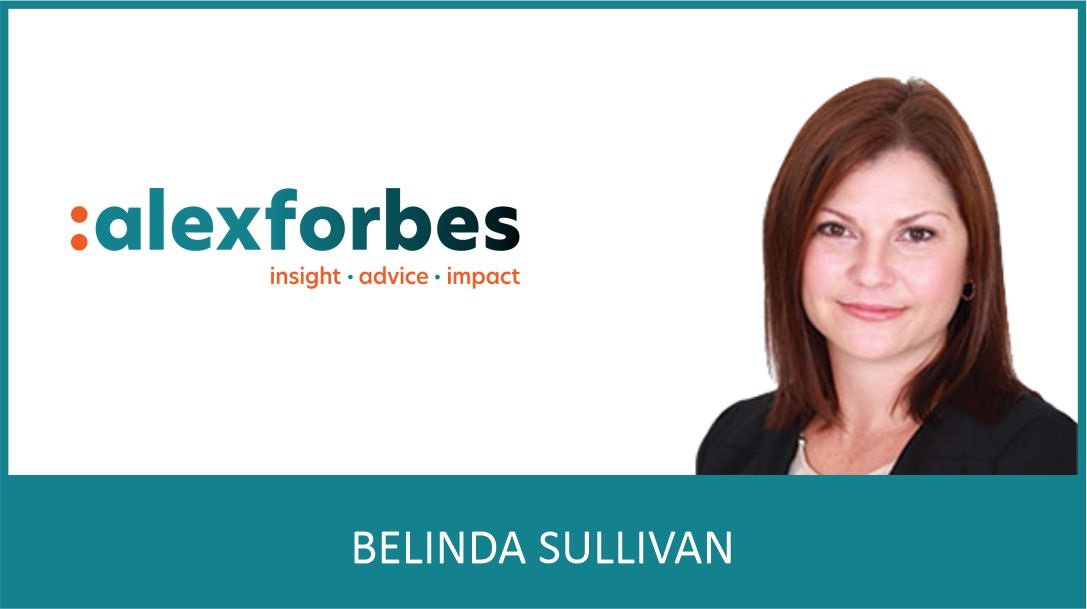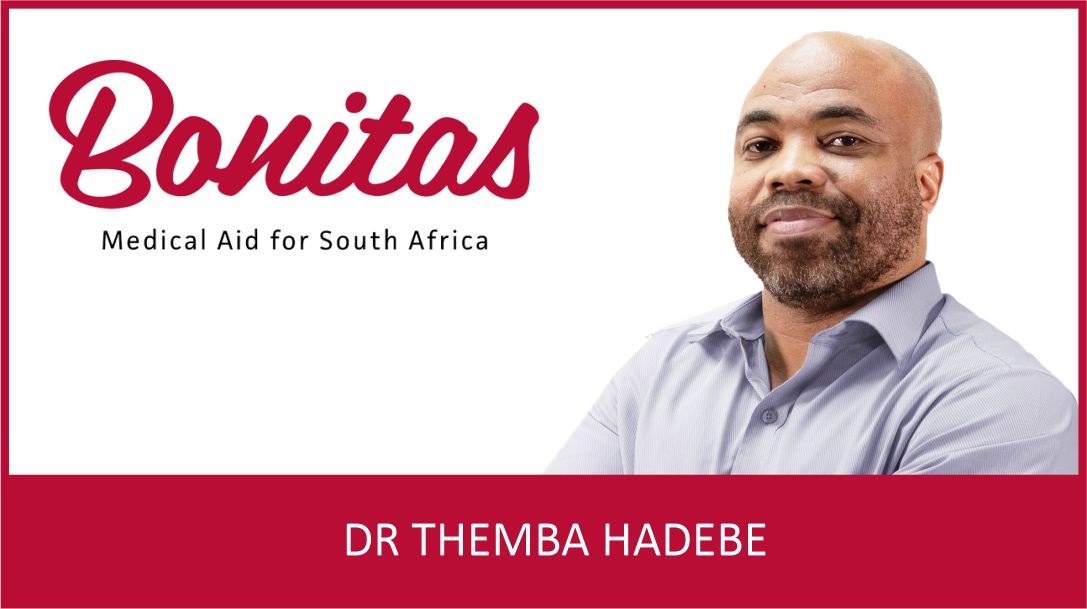Nic Smit, Product and Pricing Executive at Bidvest Life
If the Wright brothers’ first successful aircraft were a financial plan, income protection would be its propeller – the driving force that keeps everything moving forward. In the race to achieve flight, many of the brothers’ competitors underestimated the importance of the propeller and focused their efforts elsewhere. Likewise, a financial plan that doesn’t prioritise income protection risks missing what truly powers long-term financial security.
This is the message behind Bidvest Life’s 2024 Claims Report, released today, which challenges the traditional order of financial planning and reinforces the life insurer’s Income First philosophy: start with protecting your client’s income before anything else.
Financial planning has traditionally started with life cover, followed by disability and critical illness cover, adding income protection only if budget allows. But this approach doesn’t necessarily reflect clients’ most immediate risks, says Nic Smit, Bidvest Life Product and Pricing Executive: “Our 2024 Claims Report shows that our clients were 15 times more likely to claim on income protection benefits than on death benefits, and 43 times more likely to claim for income protection than for permanent disability.”
An advice process that isn’t built around income protection can miss the mark for younger clients, because it doesn’t address the most common risk they face: the loss of income due to illness or injury. In 2024, 36% of Bidvest Life’s income protection claims came from clients aged 30-39, while 11% were from those younger than 30. Together, these age bands comprised just 4% of the death claims, showing that younger clients are far more likely to need income protection than life cover.
However, the 2024 Claims Report underlines that income protection is critical, irrespective of a client’s age. The youngest claimant was a 19-year-old student who claimed for two weeks due to a minor infection; the oldest was a 69-year-old general practitioner, who claimed for 30 days for a wrist injury. On average, income protection claims lasted 71 days, and more than half (52%) came from clients who’d claimed previously.
“Your client’s income is their most valuable asset. It funds everything else: food, housing, their children’s education, and their ability to keep contributing to their investments and retirement savings. Without income protection, the rest of their financial plan could be at risk,” says Smit.
Designing products for real-life risks
The 2024 Claims Report also illustrates how Bidvest Life’s product design supports their Income First approach:
- Insuring the uninsurable: Event-Based Cover accounted for over 10% of all income protection claims – exceeding the 10% threshold for the first time since the benefit was introduced. This growth, which has steadily increased over time, is significant because many clients who may not qualify for cover under traditional definitions, like full-time students, homemakers and professional athletes, can now protect themselves against temporary disability.
- Best of both for disability cover: Relying on Lump Sum Disability cover as a substitute for income protection can leave significant gaps in protecting clients against unforeseen disabilities. In Bidvest Life’s experience, 36% of Extended Income Protection claims were for non-permanent conditions and wouldn’t have been paid out under a Lump Sum Disability benefit.
Bidvest Life’s Commutation Option enables clients who become permanently disabled to convert a portion of their monthly income benefit into a once-off lump sum. This gives them the flexibility to settle major debts, such as home loans, while continuing to receive a reliable monthly income until retirement.
- Bridging the gap for critical illnesses: Income protection covers a wide range of injuries and illnesses that prevent clients from being unable to work. This includes serious conditions that are also covered under critical illness cover, like cancer, heart attacks, and strokes. However, the nature of these serious conditions is that they often produce multiple separate periods of inability to work, resulting in claims having to be reopened for payments to resume. Furthermore, while traditional critical illness benefits pay a lump sum, which is helpful for once-off or immediate expenses, it may fall short in addressing the ongoing financial realities faced by those living with a serious illness.
Critical Illness Income (CI Income) enhances traditional cover for critical illnesses by paying up to 130% of the insured’s income protection benefit for up to 12 months, regardless of whether the client is able to work. “CI Income shifts the claims experience completely,” says Smit. “Instead of managing multiple fragmented claims over months of intermittent treatment, clients have upfront certainty and additional income to cover medical and other unexpected expenses.”
Delivering on the Bidvest Life promise
Efficiency at claims stage is another area that underscores the Income First approach. In 2024, 90.4% of all unique income protection claims lodged were paid. The primary reason for non-payment was clients attempting to claim during their waiting period – making the waiting period the most important decision when taking out income protection.
“Speed is critical when a client can’t earn,” says Smit. “In 2024, our fastest income protection claim was processed in just 80 minutes. Four percent of claims were paid within 24 hours, 33% within a week, 48% within two weeks, and 74% within one month.”
Bidvest Life’s Fast-Track Criterion, designed from a list of common claims events, together with the childbirth benefit, ensured that 82% of all income protection claims could start paying out without requiring an occupational assessment. The leading claims event for Fast-Track procedures was hysterectomies; cancer was the leading condition; fractured ribs were the most claimed-for injury; and minor infections that didn’t require hospitalisation topped the list of Fast-Track sick notes.
“Our 2024 Claims Report reinforces that Income First is a proven way to deliver better outcomes for advisers and their clients,” says Smit. “At Bidvest Life, we believe that income protection is the propeller that gives clients the lift they need – by putting the fundamental risk of loss of income due to illness or injury first.”
ENDS

























































































